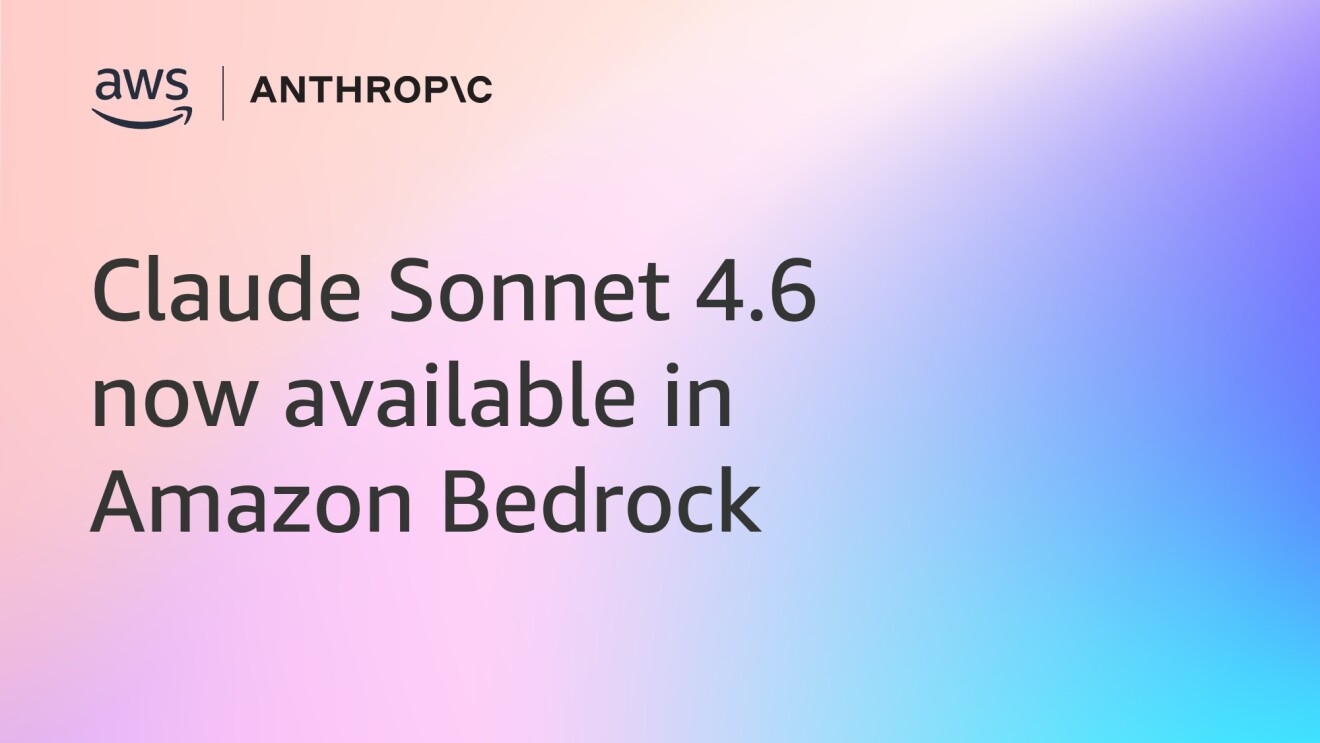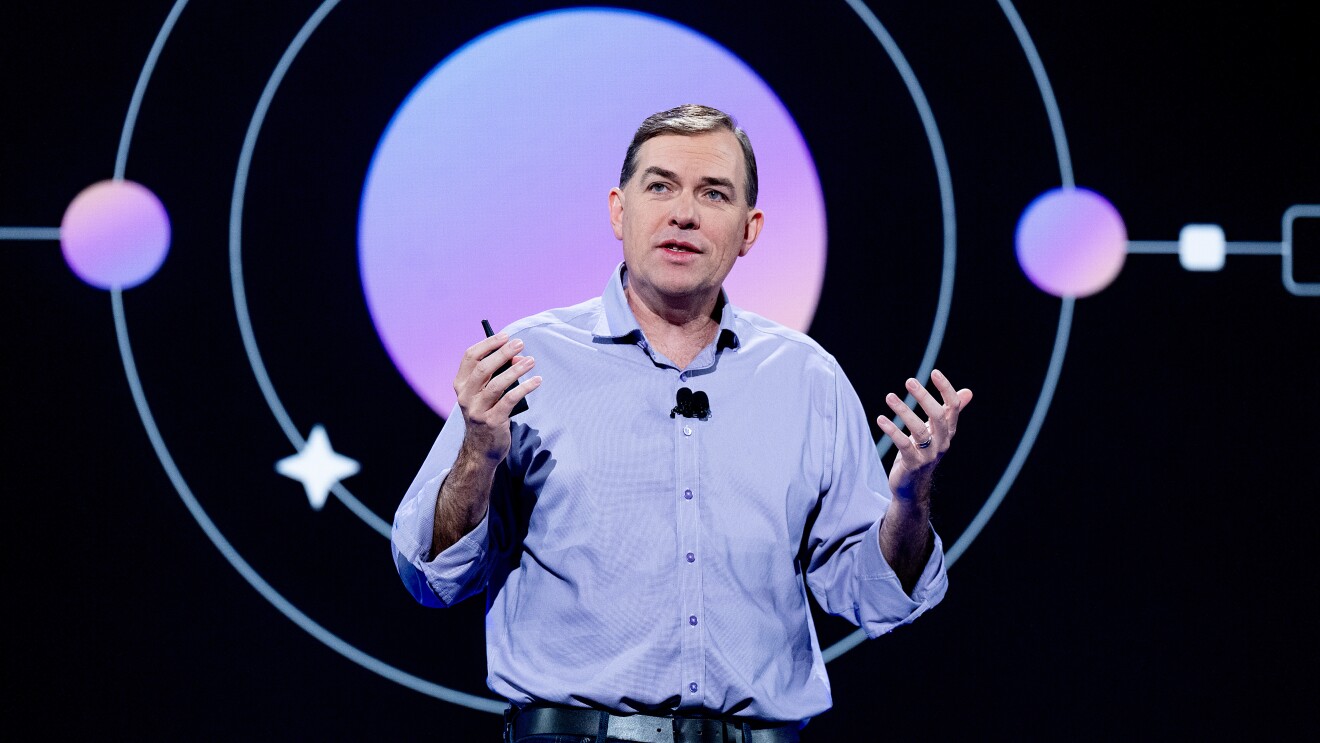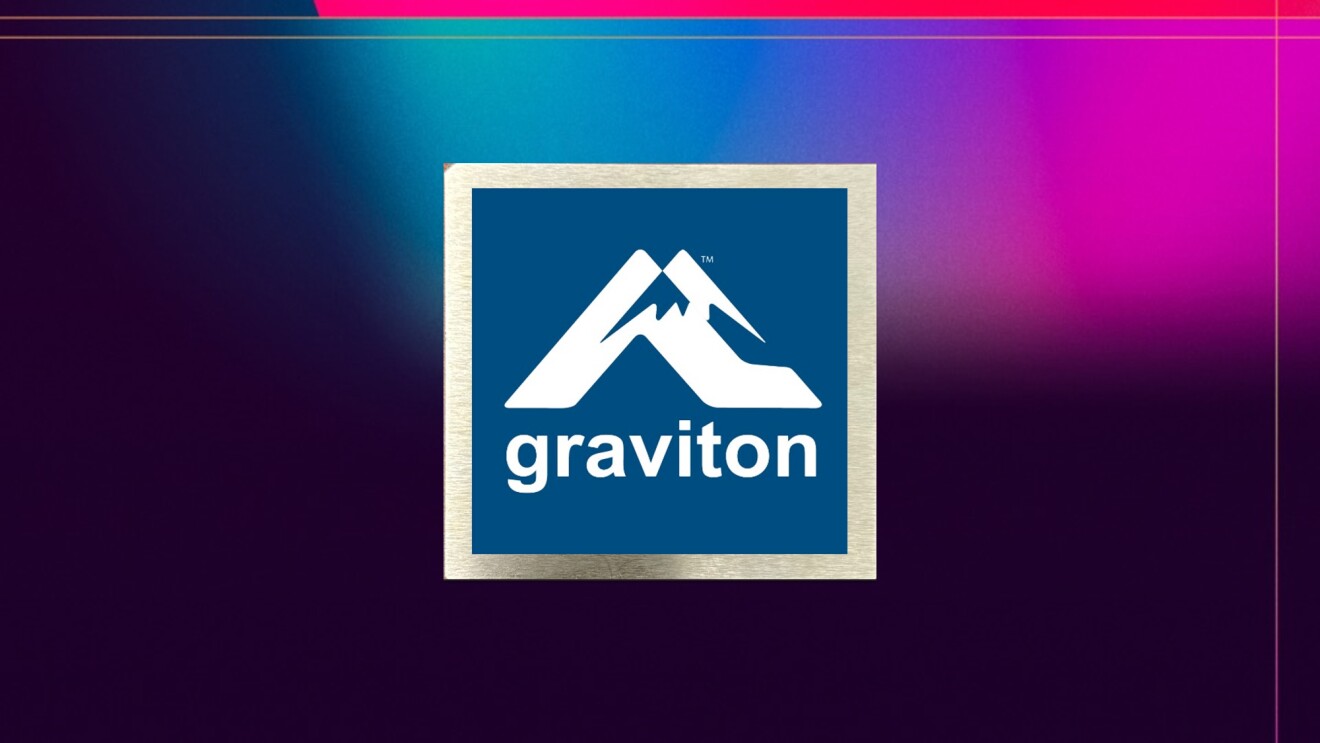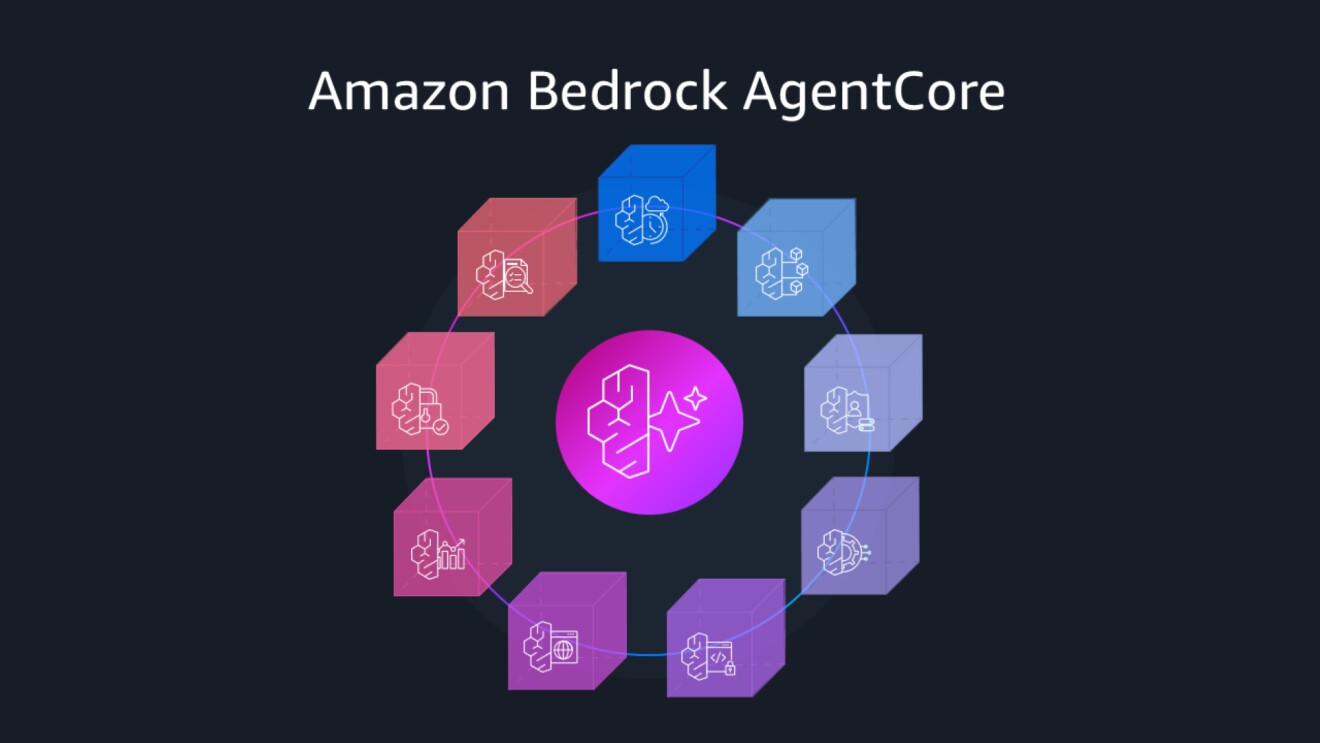Antwan hovers over his computer in his New Jersey apartment, scanning through lines of code that ultimately correspond to ones and zeros, speaking the language of the most powerful classical computers. He smiles warmly while discussing his work and his passion for teaching computer science—it’s a lifetime away from when he was described as a series of numbers by the U.S. prison system.
“Software doesn’t judge, it just wants to work,” said Antwan, who devoted himself about a year ago to learning how to code and now has a prestigious apprenticeship at Columbia University. “The code doesn't care about your race, your religion, your age, your education, or whether you have been to prison. All it cares about is, can you write the code?”
Antwan found his calling thanks to Justice Through Code, a program that helps formerly incarcerated people train for a career in tech. The program, which is free for students, is a joint initiative from the Center for Justice at Columbia University and Columbia Business School’s Tamer Center for Social Enterprise. Amazon Web Services (AWS) is among the program’s sponsors.
Justice Through Code was founded by Aedan Macdonald, who like all of the program’s students and some of its teachers was formerly incarcerated. That shared experience removes stigma from the classroom and creates bonds that extend into the wider IT community, he said.
Aedan zeroed in on computer science because of the huge number of jobs available in IT. The program has since become more than just a months-long course in Python and computer science theory: It offers hope, in addition to in-demand professional skills.
“It’s really telling to think about the statistics,” said Aedan. “About four years after release from incarceration 75% of people will be re-arrested. The single most important predictor of recidivism is unemployment, but yet people can’t get jobs.”
It’s a snowy day outside Antwan’s home in Jersey City when he sat down to chat with the AWS Big Idea video team. Like everyone, Antwan’s mostly confined to his home by the pandemic. But he’s beaming on his end of the video call as he explains how, just 12 months ago, he was a rookie software developer and student at Justice Through Code. He’s now a teaching assistant with the program and a paid apprentice in the Columbia University IT department, where he works as a DevOps engineer.
His job prospects are bright, and he has confidence. But that wasn’t always the case.
“When I came home from prison in 2009, like most people who have been to prison, I spent a lot of time trying to hide the fact that I was incarcerated,” Antwan said. “There’s such a negative stigma attached to incarceration. Prior to Justice Through Code, I had very little income to get the bills paid, no sense of real direction. And it’s dispiriting, because once you get home, all these doors are slammed in your face.”
Antwan heard about the new program at Columbia University, but despite a long-time interest in software he nearly let the opportunity slip away.
“I almost talked myself out of applying,” he said. “After you've been denied so many opportunities, you think, ‘Okay, this is what society is telling me I am worth, so what's the sense going after something like this?’“
His curiosity, intelligence, and drive eventually muffled his self-doubt.
A year later, he has a paying daytime apprenticeship and leads evening classes at Justice Through Code for 38 students who log in from across the U.S. It’s a full day of trouble tickets, problem solving, and questions from the new software coders—and Antwan couldn’t be happier.
“From where I sit today, I feel like the sky’s the limit.” Antwan said. “Yes, I've been incarcerated, but this is what I've done since I've been home. These are the skills I've picked up, and this is the type of person I am now.”
That renewed sense of self, a supportive community, and the promise of possibility are at the core of Justice Through Code. Antwan is among the first graduates and wants to show the business world and everyone else that people like him deserve a fair shot, whether they’ve been incarcerated or grew up in underprivileged and underrepresented communities.
“America is supposed to be about redemption and second chances,” Antwan said. “We have all of these ideals in theory, now it's time to put them into practice. There’s a tremendous need for software developers out there, hundreds of thousands of unfilled positions. Here we are, at Justice Through Code, putting out people who have the skills.
“I can understand if formerly incarcerated people didn’t have the skills, but now they do. So now you have to ask yourself, as a company, or a hiring manager, what's stopping you now?”
“AWS is committed to supporting skills training and STEM programs across the communities in which we operate. Justice Through Code is a great example of the life changing impact training can have, and we are proud to support their efforts to upskill returning citizens,” said Maggie Carter, Global Lead, AWS Social Impact.
Learn more about AWS’s workforce programs.
Details:
In part two of the Mission Critical Cloud series, the Fix This team is joined by Dave Levy, vice president of US government sales at Amazon Web Services (AWS). Dave shares how AWS remains customer obsessed by building diverse and inclusive teams. Dave also dives into how the cloud can power solutions that create opportunities for the public to learn, grow, and gain access to knowledge and resources. Next, the team chatted with Aedan McDonald, founder and program manager of Justice Through Code, and Kevin Harper, Justice Through Code graduate and teaching assistant. Justice Through Code is a no-charge, semester-long program teaching coding skills to formerly incarcerated populations. The program was developed by the Tamer Center for Social Enterprise at Columbia Business School and the Center for Justice at Columbia University. Aedan and Kevin discuss the importance of bridging the technical divide and upskilling underserved communities. Wrapping up the episode, Dr. Tarika Barrett joins the conversation. Tarika is the current chief operating officer and incoming chief executive officer of the international nonprofit Girls Who Code. Tarika emphasizes the significance of building and retaining diverse teams and empowering girls and women to pursue careers in technology. To hear more from Tarika and Girls Who Code, register for the virtual AWS Public Sector Summit Online on April 15.








